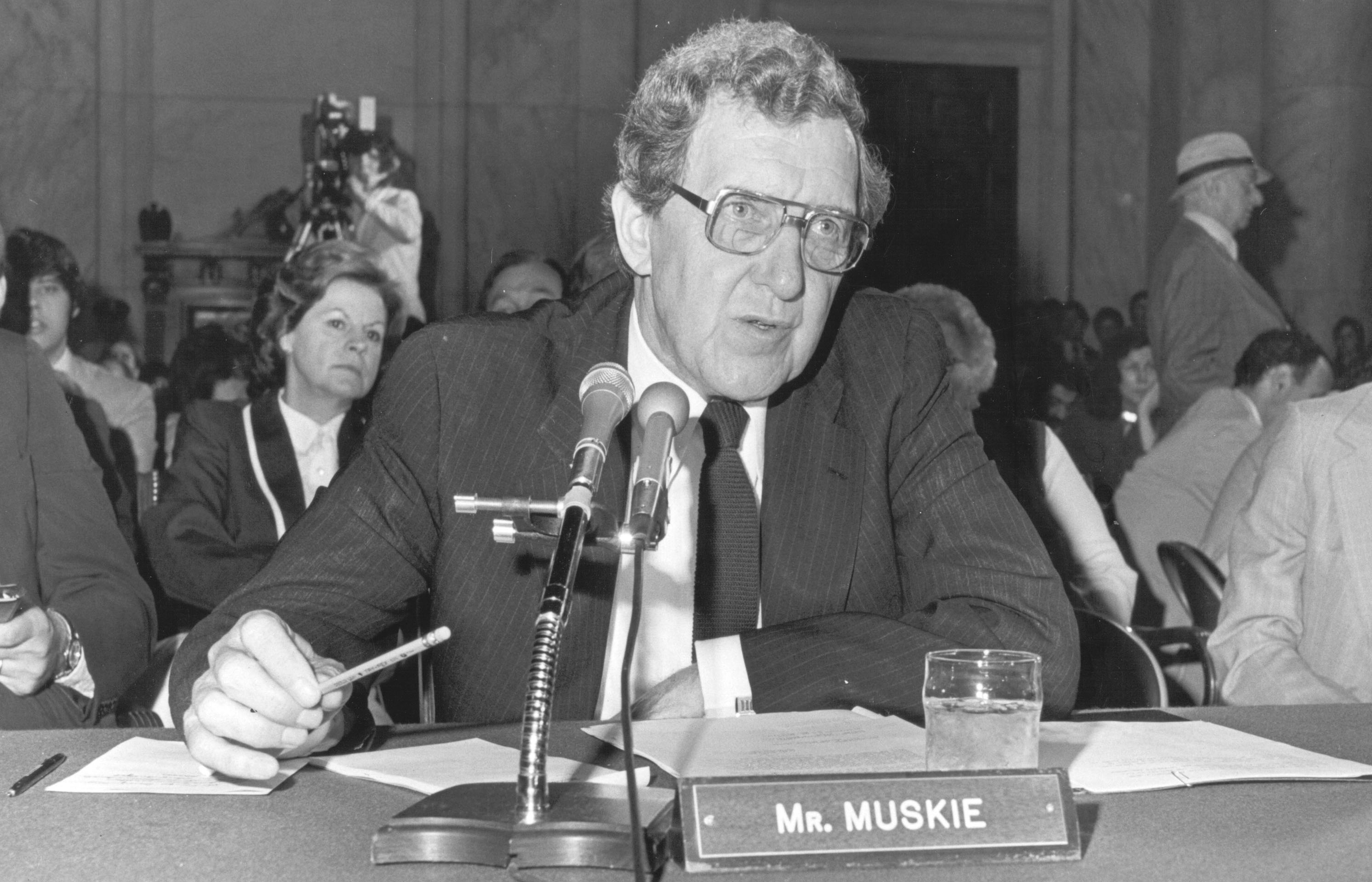
Edmund S. Muskie Oral History Collection
Document Type
Oral History
Loading...
Publication Date
8-2-1999
Interview Number
MOH 128
Abstract
Barbara (McKnight) Trafton was born May 22, 1949 in Rumford, Maine. She graduated from Wellesley College in the class of 1971, then attended University of Southern Maine and earned a Masters in Education and Northeastern for a Masters of Business Administration. She has served in the state house and state senate for two terms and has been a member of the following committees: Joint Committee, Energy Health and Institutional Services in the House; Joint Committees in the Senate: Judiciary and Public Utilities. She was spokesperson for Maine Turnpike widening in 1991, and is on the Board of the Maine Audubon Society, chairman of legislative policy committee, the Board of Trustees, Maine Maritime Academy, and the Review Committee for the Department of Environmental Protection (DEP). Her mother, Frances McKnight, and her husband, Richard Trafton, were also interviewed for this project.
Use Restrictions
Copyright Bates College. This transcript is provided for individual Research Purposes Only; for all other uses, including publication, reproduction and quotation beyond fair use, permission must be obtained in writing from: The Edmund S. Muskie Archives and Special Collections Library, Bates College, 70 Campus Avenue, Lewiston, Maine 04240-6018.
Recommended Citation
Richard, Mike, "Trafton, Barbara McKnight oral history interview" (1999). Edmund S. Muskie Oral History Collection. 388.
https://scarab.bates.edu/muskie_oh/388


Scope and Content Note
Interview includes discussions of: Rumford, Maine community; Bates College; family recollections; 1956 Maine gubernatorial campaign; 1968 vice presidential campaign; 1976 Senate campaign; 1980-1981 Muskie as Secretary of State; Environmental protection; Vietnam War; Cliff Rolfe, grandfather, naturalized Stephen Muskie; Dick Trafton’s political career; Willis A. “Bill” Trafton, Muskie’s opponent in his re-election campaign as governor; health care reform in Maine in the late 1970s; first domestic violence bill in Maine; Governor Longley; displaced homemakers’ bill or “women and work” bill; gender tensions in Maine legislature and ‘Old Boys’ Club; uniform property tax; party politics diminished in recent decades (no more big box, no longer as much of a social life); Jonathan Carter and Green Party; reforms to Department of Environmental Protection in Maine; Joe Brennan; John McKernan; and George Mitchell.